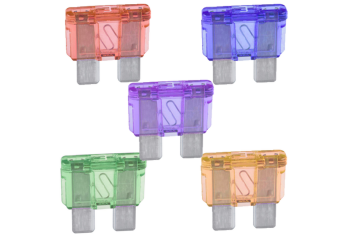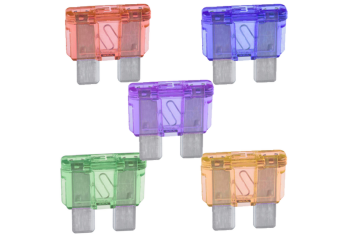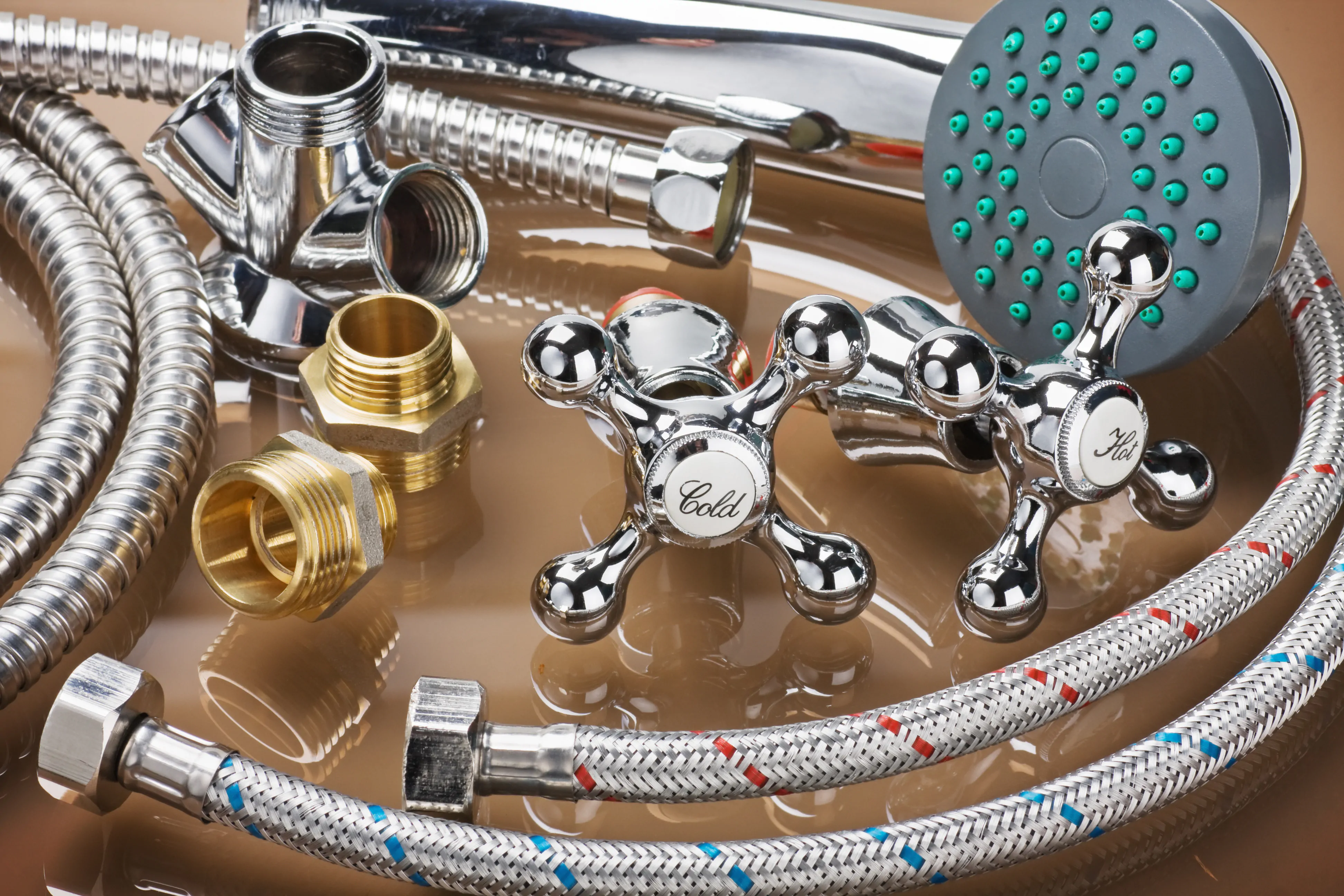Frequently Asked Questions About Circuit Board Fuse Plug-Ins
What are circuit board fuse plug-ins, and what is their purpose in electronic circuits?
Circuit board fuse plug-ins are electrical components designed to protect electronic circuits from overcurrent conditions. Their primary purpose is to act as a safety device by interrupting the flow of electricity when current levels exceed a predetermined rating. This helps prevent damage to sensitive electronic components and ensures the safe and reliable operation of electronic devices.
What are the common types of circuit board fuse plug-ins, and how do they differ in design and application?
Circuit board fuse plug-ins come in various types, including fast-acting, time-delay, and resettable fuses. Fast-acting fuses respond quickly to overcurrent conditions and are suitable for applications where rapid protection is needed. Time-delay fuses offer a delayed response to accommodate temporary current spikes common in some electronics. Resettable fuses, also known as PTC (positive temperature coefficient) fuses, can automatically reset after a fault condition, making them suitable for applications where a non-permanent protection solution is needed.
How can I choose and replace circuit board fuse plug-ins effectively, and what considerations are important for their proper use?
When selecting circuit board fuse plug-ins, consider factors such as the voltage and current ratings, as well as the time-current characteristics of the fuse. Replacement should be done with a fuse of the same rating to ensure proper protection. It's important to follow the manufacturer's guidelines and safety precautions when handling and replacing fuses to prevent electrical hazards and maintain the integrity of the electronic circuit.






